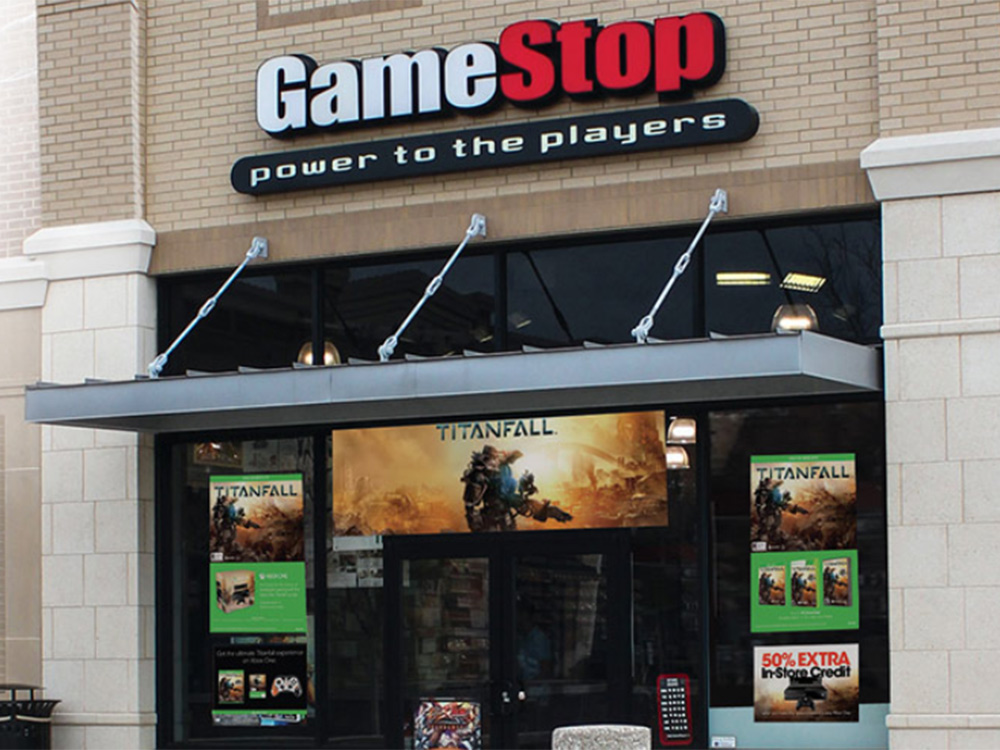
How many lives does GameStop have left?
Following a rough holiday season in which sales tumbled 27.5%, the company’s ultimate boss level may have arrived in the form of COVID-19.
The Texas-based retailer reported that its sales declined 26.1% in the fourth quarter, reflecting the plight of other retailers in what was an unusually challenging holiday season coupled with the continued slide of the video game industry overall. Comparable sales for the year fell 19.4% as the company continued spinning its wheels in an ongoing turnaround attempt.
If there’s a bright side, it’s that the company turned a profit last quarter instead of losing money as it had been. But how it’s getting there has more to do with cost-cutting than moving product, and that means more stores will close. It’s a move the company calls “de-densifying.”
“We will continue our work to de-densify our global store fleet and anticipate store closures to be equal to or more than [the] 320 net closures we saw in fiscal 2019 on a global basis,” says GameStop Executive Vice President and CFO Jim Bell. “Importantly, we want to emphasize that these store closures are a very specific and proactive part of our de-densification plan and they are not related to recent business trends.”
According to GameStop CEO George Sherman, March comp sales were up 2% this year prior to increased closures due to the spread of the novel coronavirus and COVID-19 in the U.S. The company recently faced significant backlash for its handling of the COVID-19 situation, particularly in its messaging pertaining to “essential retail” and a stance to stay open, which it has since backed down from. The company is now offering “Delivery@Door” service in locations that are still permitted to be open. Sherman says that any employees still at work are doing so on a voluntary basis and that most stores are operating with just a single employee.
“We’re working with a volunteer team right now. So all of our team members — be they in stores, distribution centers, or refurb centers — are operating on a voluntary basis,” he says. “So it begins with a team member that wants to be there.”

Upon the return of somewhat normal business patterns, the company plans to continue with the transformation of its stores to “community hubs” as it’s been testing in Tulsa, Oklahoma. Keep in mind: GameStop is already facing competition in that space with both PlayLive Nation and Target exploring a similar path.
Photos: GameStop, Marvel
